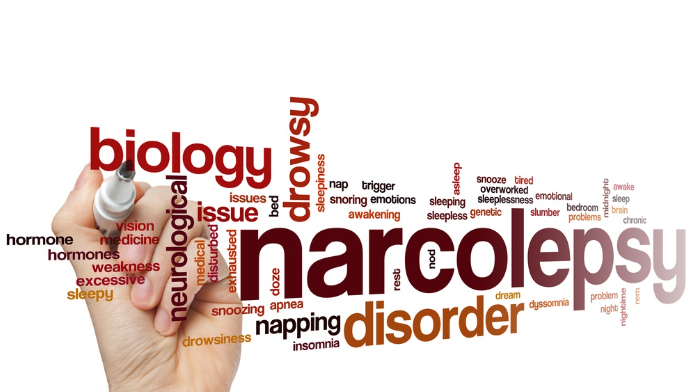Your guide to the causes, symptoms, treatments and more of this rare narcolepsy.
Have you ever been so exhausted that, while engaged in whatever activity, you simply passed out? Everyone has seen the widely shared videos of young children dozing off in high chairs during meals. However, what if that was your daily experience and you were unable to regulate your sleep-wake cycles and were constantly exhausted to the point of immobility?
That sounds pretty awful, doesn’t it? For the majority of people, a bad night’s sleep precedes an occasional episode of daytime drowsiness, which is easily resolved by getting more sleep. However, excessive sleepiness and the inability to regulate when to fall asleep are lifelong issues for those who have narcolepsy and need to be carefully managed.
Also read-Sleep Apnea : A Patient’s Guide To Sleep Apnea And Its Symptoms
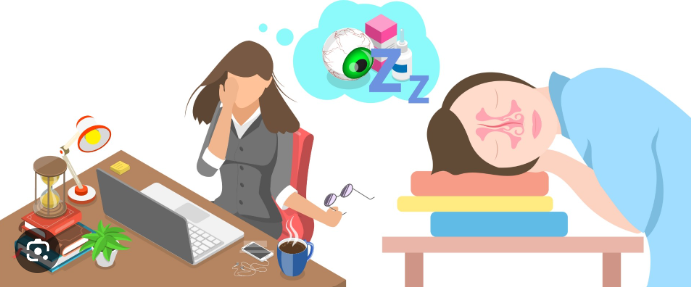
What is narcolepsy?
Dr. Alon Y. Avidan, director of the Sleep Disorders Center at UCLA Health and professor in the UCLA Department of Neurology, states that narcolepsy is a sleep-related disorder with brain origins. This long-term neurological condition interferes with the brain’s ability to regulate sleep-wake cycles and impairs REM sleep, or the stage of sleep during which dreams take place. To put it briefly, narcoleptics are unable to regulate their sleep or wake cycles. There is a disturbance in the sleep-wake cycle, which results in excessive daytime sleepiness and restless nights. Narcolepsy is regarded as an uncommon condition. According to the Narcolepsy Network, approximately 200,00 Americans, or 1 in 2,000 people, are thought to be affected by narcolepsy. However, only 25% of these people have a diagnosis. Some individuals with narcolepsy are likely misdiagnosed with depression.
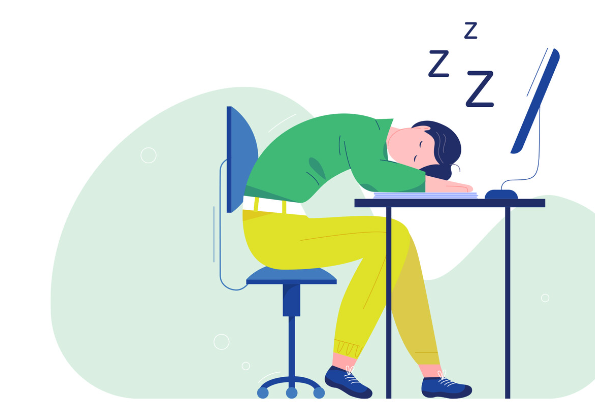
Signs and symptoms
There are several signs and symptoms associated with narcolepsy, including:
- Excessive daytime sleepiness.
- Sleep attacks.
- Cataplexy.
- Hallucinations.
- Sleep paralysis.
- Sleep-onset REM.
- Brain fog.
- Fragmented sleep.
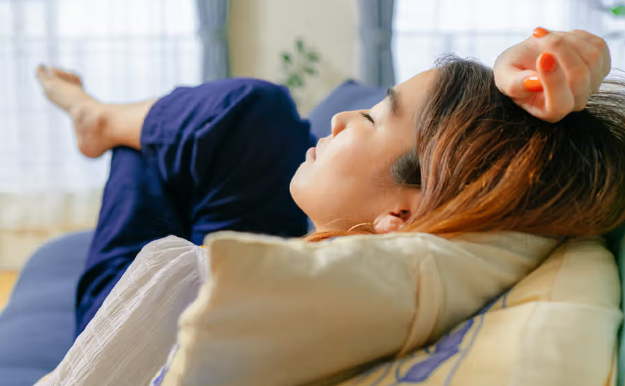
Types
Avidan says there are actually two different types of narcolepsy:
- Type 1: narcolepsy with cataplexy.
- Type 2: narcolepsy without cataplexy.
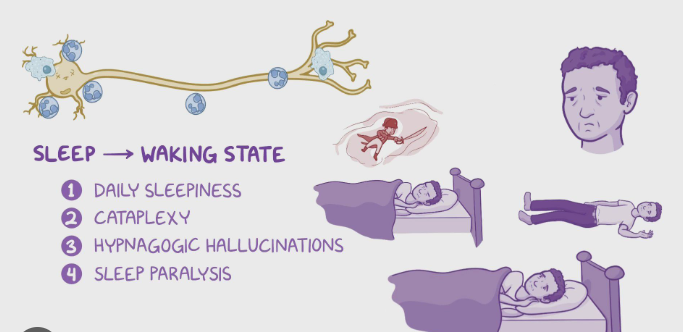
Causes
The National Organization for Rare Disorders reports that type 1 narcolepsy has been linked to low levels of hypocretin in the brain and that in some individuals, 80% to 90% of hypocretin-producing neurons in the hypothalamus may be lost. Individuals with type 2 narcolepsy typically have less severe symptoms and normal levels of the brain hormone hypocretin, according to the National Institute of Neurological Disorders and Stroke. “Narcoleptics experience a loss of hypocretin-producing nerve cells, which reside in an area deep in the center of the brain called the hypothalamus,” Fotinakes explains. Hypocretin is also known as orexin. “Hypocretin is critical in controlling sleep. Although the exact mechanism behind the loss of hypocretin nerve cells is unknown, an auto-immune mechanism is highly suspected.”
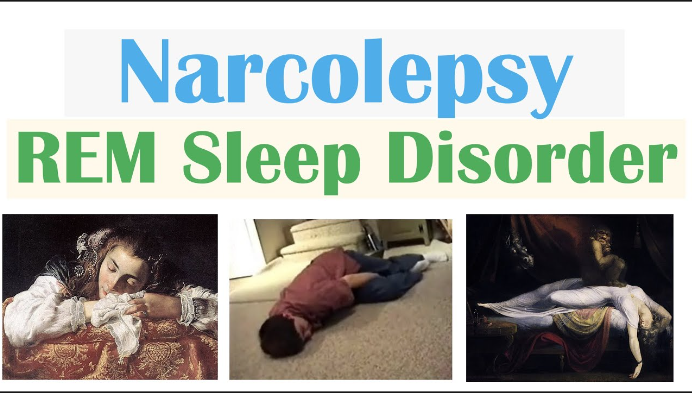
Risk factors
A psychiatric assessment will be performed by mental health specialists to aid in the diagnosis of binge eating disorder. To ascertain whether a person fits the description for this disease, they will consult the DSM-5. According to the diagnosis, the patient feels uncontrollably hungry and has been binge eating at least once a week for the past three months. In order to screen for health issues including high blood pressure, diabetes, sleep apnea, and high cholesterol that can result from binge eating, medical professionals may also request further testing. The examinations carried out could consist of:
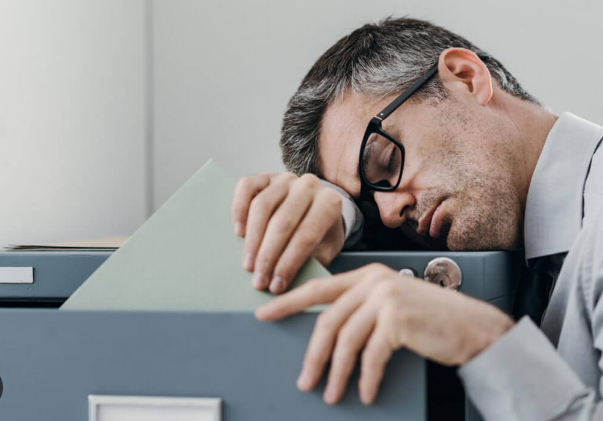
Diagnosis
Your doctor will perform a physical examination and obtain a complete medical history if narcolepsy is suspected in you. To help your doctor figure out what’s wrong, you should keep a sleep diary or notebook where you record your symptoms and sleeping habits. You will also be tested for sleep. Your doctor can rule out additional potential sleep disorders, such as sleep apnea, that could be the cause of your excessive tiredness with the use of a nocturnal polysomnogram. While your sleep is evaluated, you will need to spend the night at a sleep facility.
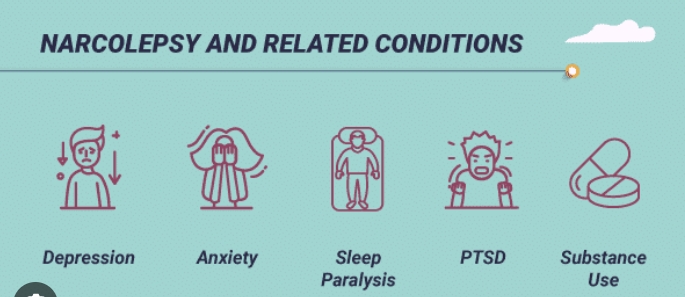
Treatments
Although there’s no cure yet for narcolepsy, there are treatments that can help manage and reduce the severity of symptoms.

Also read-Shingles : A Patient’s Guide To Shingles And Its Symptoms
images source: Google
Disclaimer: The opinions and suggestions expressed in this article are solely those of the individual analysts. These are not the opinions of HNN. For more, please consult with your doctor







